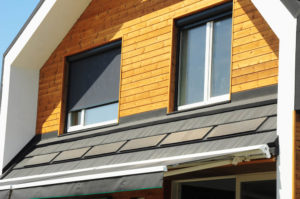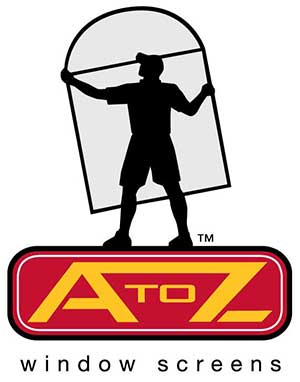We’re only partway through winter and most homeowners are already feeling a little overspent—in the wallet, that is. Almost immediately, when our thermostat is switched from “cool” to “heat” we can feel it in our bank accounts.
Whether your aim is to spend less money on utilities or simply to lessen your “carbon footprint”, there are a few things you can do around the house to save energy—and yes, save big bucks.
Weatherize Doors, Windows, and Even Attics
Doors
Perhaps you’ve had a seal test done through an HVAC or chimney sweep company and you know exactly which doors are a problem. Maybe the only way you’ve found your leaky door is by trial and error and searching tirelessly for the draft. You can fix your leaky doorway by installing weather strips along the edges of the doors, replacing existing molding around the door frame, and even checking for loose hinges. A crack will occur anytime the door is off-kilter, allowing cold air in. You can also find and purchase a door “snake” or draft stopper to prevent drafts from sneaking under your doors.
Windows
No doubt you’ve seen the plastic window-insulating kits from Owens Corning. However, plastic insulation kits can be ugly and can prevent the necessary light from entering the home. Natural UV light not only warms the surfaces and air in your home but also improves emotional health. Not many homeowners realize there are other ways to weatherize your windows, such as solar screens. Solar Screens keep your home up to 15 degrees cooler in the summer months and buffer the outside cold in the winter months. Instead of unsightly plastic that distorts the view outside, choose a screen that will provide privacy while allowing a clear view out, lower utility costs year-round, and prevent TV and computer screen glare.
Many homeowners don’t realize they can prepare their windows for winter by removing the standard “bug” screen and replacing it with a storm window turning the weak single pane window into an insulated double-pane window. Removing and storing the bug screen will also prevent moisture and ice buildup between the screen and window, which causes cold temperature transfer and water damage to the sill.
Attics
Believe it or not, your home may be losing a lot of energy through the roof. How? When your home was built, the attic floor should have been insulated, meaning the space just above your ceiling should have an insulated barrier of 18 inches to keep your heat from entering the large unused space in the attic. In many cases, this insulating settles and becomes less effective over the years, but is never replaced. According to House Logic, a household can see savings of up to $600 per year by boosting the attic insulation. Though it comes with some upfront costs, the insulation will pay for itself in three short years, and continue helping you save far past then.
Energy Wasting
Many of the things around the house that we take for granted are actually costing us money.
Light Bulbs
The standard light bulbs that we’ve used in residential homes for years are now bested by LEDs that cost more upfront but save us in the long-run.
Hot Water
Hot water, often taken for granted, costs us dearly when you consider how often you use it. How often do you run your dishwasher, or clothes washer? How many baths and showers occur daily in your home? If turning the hot water heater down is not an option, consider using it Less. You can do this by washing clothes in cold water when possible, consolidating dishes into a couple of loads, and use different settings to conserve hot water. Limit family to one shower per day and only two baths per week.
Filters
The filters in your home appliances are there to make them work more efficiently. When they aren’t maintained and used properly, they will not work efficiently and will use more energy. A perfect example of this is the clothes dryer. If the lint trap and dryer vent aren’t cleaned regularly, there will be buildup in the unit and the vent that will require more energy to fully dry your clothes. Eventually, it will lead to a fire hazard. HVAC systems, vacuum cleaners, dryer vents, and more require filters, so keep them clean.
Electronics and Appliances
Your cell phone charger does not need to be plugged in all day. It uses your electricity whether or not it is plugged into a phone. Unplug or shut off laptops, computers, gaming systems, and televisions as well as toasters, and crockpots. Even in “rest” mode, these appliances electronics use energy.
Lights and Fans
Shut off exhaust fans and lights when you leave the room. An exhaust fan should be used when showering or cooking, but after the initial ventilation is over, these fans only pull your heated air out of your house! Then your heater has to work to heat more air.
You may not even realize how much your appliances in the home are costing you. Do you have a deep freeze in your basement that hasn’t had any food in it since last hunting season? Unplug it! If you haven’t used it in six months, you probably won’t for another six. Do you have power tools and extension cords plugged in in your garage that aren’t being used? Unplug them. Start saving money today.
Call A to Z Window Screens at 916-259-9832 today and find out how much we can help you.
